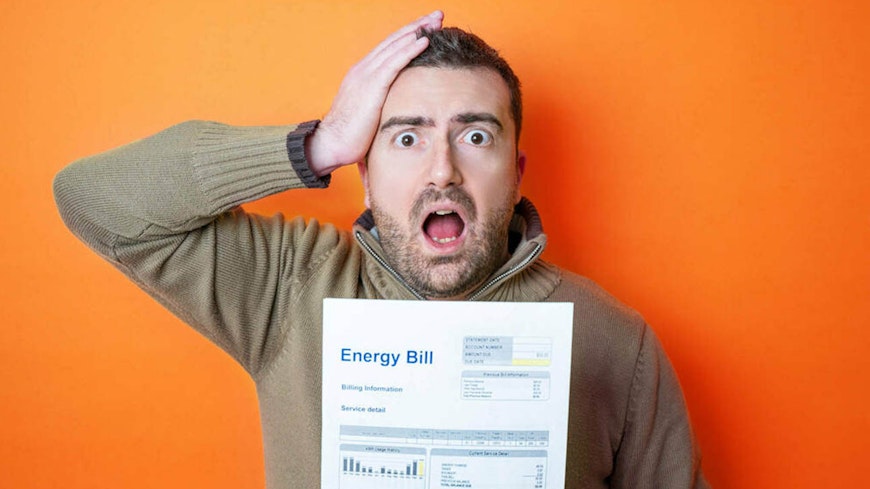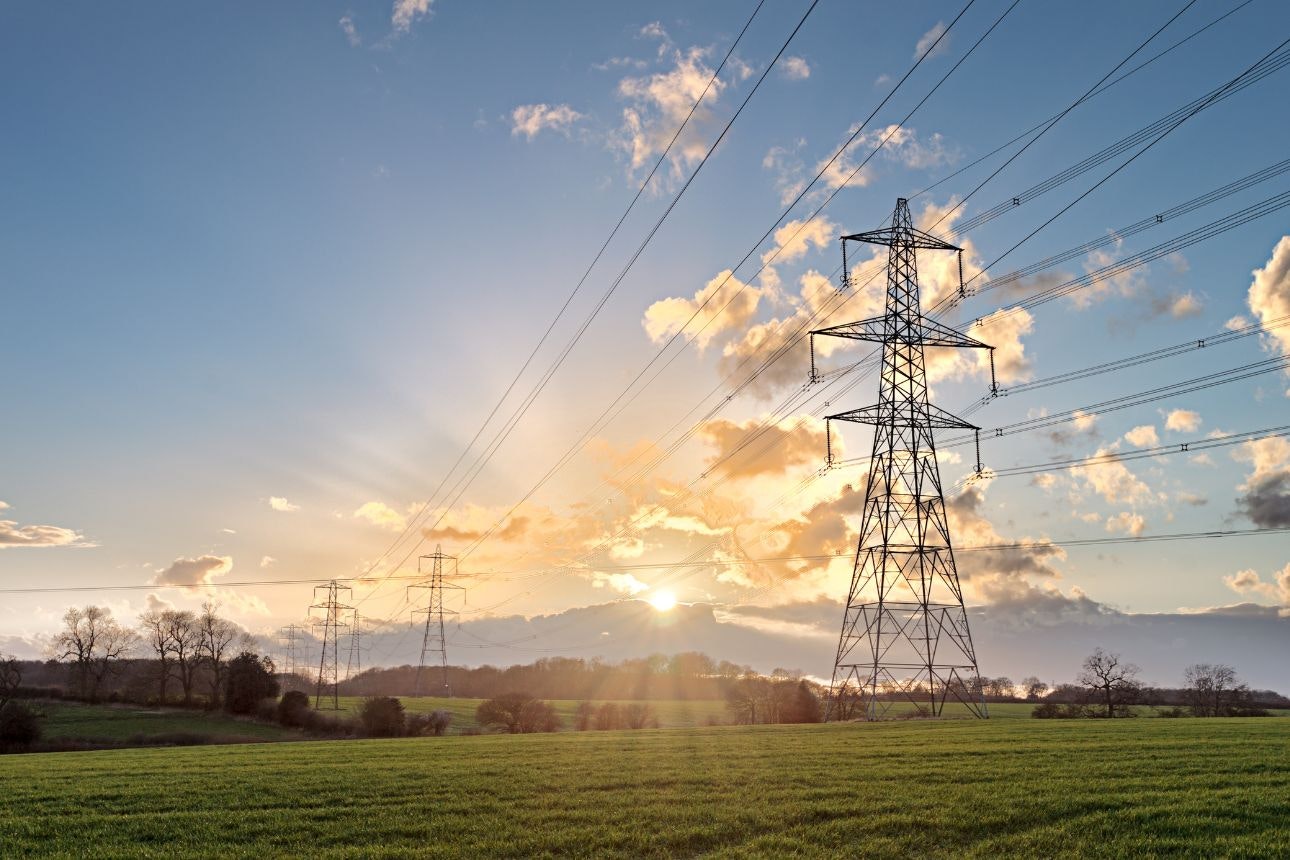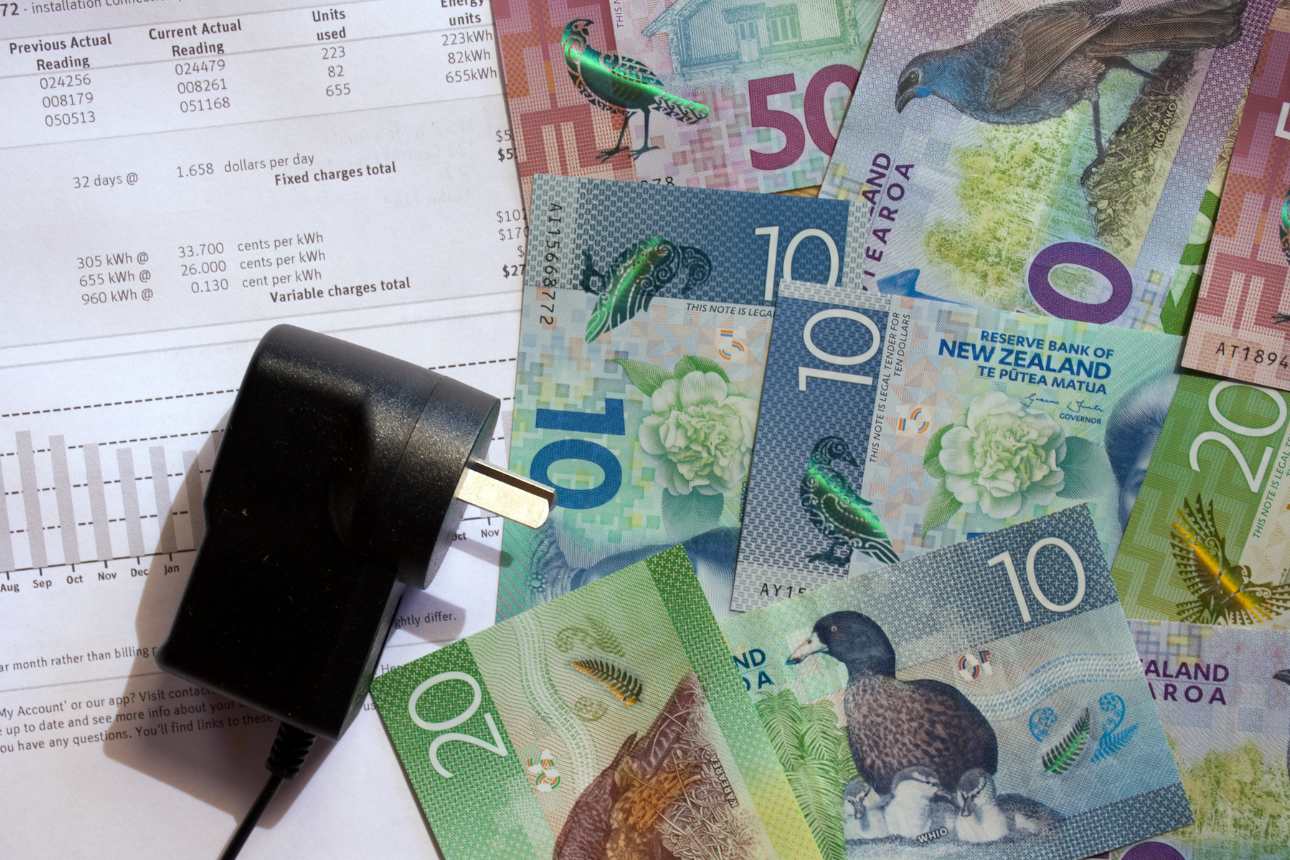
Free TVs, hours of free power, cheap internet, bundled deals and special contract rates: the dizzying array of retail offers out there can make it difficult to work out what’s the best plan for you.
But what looks like a good deal on the surface can actually cost you more in the long term.
Never fear, Consumer NZ is here to help. Here’s a quick guide to the common mistakes to avoid.
That free TV isn’t free
We’ve all seen the ads – sign up to this power plan and get a free TV! Or fridge, or any number of enticing freebies. If it seems too good to be true, it probably is.
These plans sometimes have higher unit prices (the cost of the electricity and gas itself), meaning that over the term of the contract, you'll be paying for that ‘free’ TV or washing machine – and then some.
Retailers offer freebies for a reason – and it is not out of the kindness of their hearts. Clever retailer marketing teams have found that offering ‘free’ stuff is an effective way of enticing consumers into higher-priced, longer-term contracts.
If you’re just getting that free TV for the sake of it, think twice. You’re probably paying more for it in the long run.
Convenience costs
A ‘bundled’ plan is when one retailer provides multiple services to one household, not just electricity – services such as gas, an internet connection and mobile phone services.
The appeal of bundling is the ‘one-stop shop’ convenience of paying only one bill which covers all your household needs. However, bundled plans can cost households more overall. That cheap internet rate that enticed you in can be more than offset by higher rates for gas and electricity.
Also, these plans generally require users to sign up for a fixed-term contract of one to three years. Users can find themselves stuck in these contracts, paying more overall.
Instead of clumping them all together, if you split providers and picked the lowest-cost provider for each service, you should save money.
Picking plans that don’t match your household’s circumstances
Some plans offer real opportunities to save on power costs, such as the ‘hour of power’ – a period each day when the electricity is cheaper or even free.
These time slots typically range from one to three hours. Under some plans, consumers pick their own ‘hour of power’ (outside the peak demand time of 5pm to 7pm); for others, it’s a set period in the evenings between 9pm and midnight.
Similarly, some companies offer ‘off-peak rates’, ‘shoulder rates’ or ‘night rates’. This means the price changes depending on the time of the day the electricity is consumed, with cheaper rates outside peak times and the cheapest rates in the middle of the night.
These plans can be great for budget-conscious households which have the ability and motivation to ‘load shift’ – that is, move their electricity consumption to cheaper or free times of the day. For example, by delaying turning on the dishwasher to times of the day when electricity is cheaper.
But this won’t always suit everybody. For example, households with young families can’t wait until 9pm to feed and bathe the kids. And doing a load of washing late at night may not be an option.
Loyalty is not rewarded
It is estimated that around 25% of households have never changed providers! That’s around 500,000 households who are likely paying more than they could be.
Consumers who have been with the same provider for several years are likely paying what we jokingly call the ‘loyalty tax’. That is, by being loyal and not regularly shopping around, perversely they are being penalised by paying higher prices than the more promiscuous consumers who switch providers frequently to take advantage of new deals and offers.
Power prices change all the time! Who checks, wins
This one drives us bananas. We can see so many New Zealand consumers are paying far more than they need to, simply because they’re not regularly checking they’re on the right plan.
Retailers change their prices throughout the year, and competitors are constantly coming up with new offers. A plan that was once considered cheap may not be so six months later.
Currently, users of our free Powerswitch service are on average finding power plans that can save them $318 per year.
You can also use your Powerswitch price comparisons to try negotiating a better power deal with your existing company!
But it’s all too confusing! I'll just stay where I am, thanks.
We get it. Electricity is boring. And confusing. Most people tell us they just want to find the cheapest deal, but it is mind-bogglingly hard for consumers to make sense of it all.
That’s why for 20 years, Consumer has provided Powerswitch – our free and independent electricity and gas price comparison service. If you want to forget the freebies and gimmicks, and just find the cheapest power for you, then visit Powerswitch. It only takes a few minutes, and you could save hundreds.

How to find the best power plan
Discover how to pick the best power plan with our simple guide to plan types, cost-saving tips, and everything you need to know as a savvy consumer.


